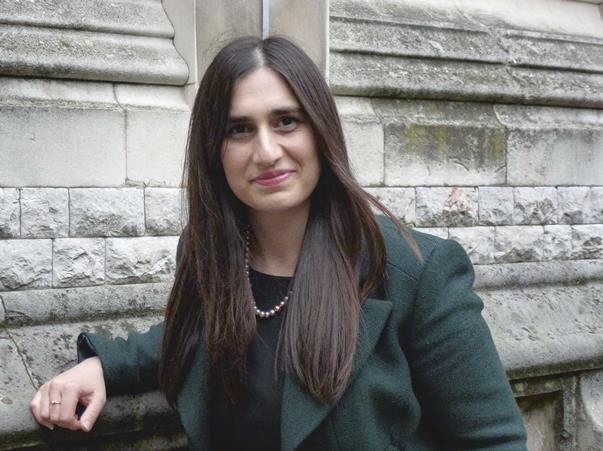CV-blind policies are just one step in right direction
25 July 2014
Lawyers from diverse backgrounds are an untapped resource but more needs to be done to achieve equal footing.
Lawyers from diverse backgrounds are an untapped resource but more needs to be done to achieve equal footing.
Last week Lawyer 2B reported that Macfarlanes had joined Clifford Chance and Mayer Brown in introducing a CV-blind policy to recruit trainee solicitors (16 July 2014). This is welcome news and a step that needs to be embraced by all law firms, not just City firms.
The ‘business case’ for diversity was recently made out by Baroness Hale in her speech to the Law Society’s Women Lawyer’s Division and is further evidence that a diverse workforce should be seen as an asset to a firm.
Young ethnic minorities face inequality due to the unconscious bias that exists towards them during the recruitment stage. This hinders their ability to progress to the next stage of their careers as they may not ‘fit the image’ of the partners at the firm. Unlike first-time buyers, young ethnic minorities cannot join a ‘scheme’ to help them get onto the legal ladder. The CV-blind policy is an attempt to circumvent the bias and allow applicants an equal playing field to pitch themselves at the interview stage without relying on their background.
A similar initiative has been introduced for judicial appointments at the final selection process to address the lack of ethnic minority representation at the senior end of the judiciary.
The Equal Merits Provision will be used where two or more candidates are judged to be of equal merit and there is a clear under-representation on the basis of race or gender. The policy is said not to discriminate against non-ethnic minorities candidates. However, there is a risk that good candidates will not be appointed because of their race or gender or both and that cannot be in the interest of society.
I am unconvinced as to whether the Equal Merits Provision is the correct approach to address under-representation at the judiciary and I would not want to see this policy rolled out across the rest of the legal profession.
To challenge under-representation there needs to be frameworks to support diversity. The future leaders in law must be representative of society but selected on merit alone. The policy, practices and targets of law firms must ensure a consistent approach is adopted to achieve equal opportunities.
Alongside compliance and regulatory matters, there should be a mandatory duty to maintain a diverse law force.
Lessons should be learnt from the difficulties faced by other organisations providing a frontline service to the public. The Macpherson Report in 1999 found that the Metropolitan Police was institutionally racist. No steps were taken to change the status quo of the police service and as a result this led to a breakdown in trust and respect for the police. The Metropolitan Police is now trying to repair the damage caused and have launched a new recruitment policy to ‘reflect diversity’.
From this August the Metropolitan Police will only recruit new constables who have lived in Greater London for three of the last six years. The initiative which was championed by Stop and Search Legal Project, an educational project run by volunteer lawyers, shows that lawyers are leaders in equality and provide the solutions when it comes to confronting inequality.
The pale, male partners will remain the fabric of many firms but in others new faces will come to dominate the landscape. We must recognise the unique contributions that ethnic minorities can bring to our firms and take advantage of their skill and knowledge which cannot be taught. Lawyers from different cultural and religious backgrounds are an untapped resource. They can relate to a wider audience and contribute to the long-term marketability of the firm.
The movement for equal rights has begun but we have a few more steps to go before there is an equal footing for all who wish to enter the legal profession.
Sophie Khan, solicitor director, Sophie Khan & Co

